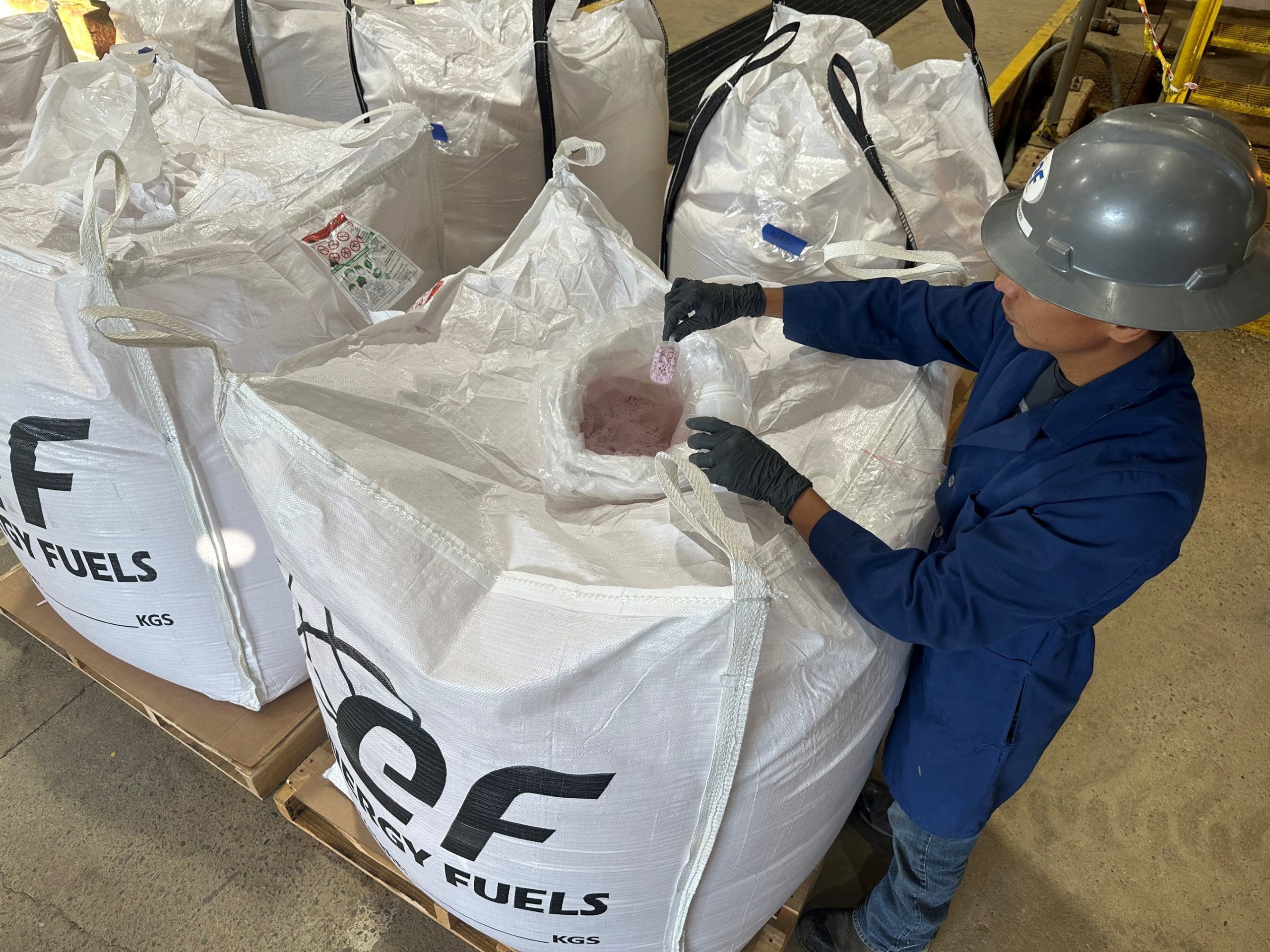
Energy Fuels Inc., a Lakewood-based producer of uranium, rare earth elements (REEs), and vanadium, announced the addition of Debra Bennethum to its management team as director of critical minerals and strategic supply chain.
Bennethum, who served in key supply chain roles at General Motors (GM) brings valuable experience to her new role. She executed supply strategies at GM, ensuring resilient supply chains for EV critical minerals. In addition, she managed over $1.5 billion in investment projects from inception to execution.
At Energy Fuels, Bennethum’s remit is expected to involve developing relationships with original equipment manufacturer (OEM) and other customers, negotiating supply and offtake deals, and pursuing government funding opportunities.
“I would like to personally welcome Debra Bennethum to the Energy Fuels team,” said Mark S. Chalmers, President and CEO of Energy Fuels. Chalmers highlighted Bennethum’s past role at GM as an advantage, saying it lends her considerable knowledge and a vast network, especially in EV and automotive supply chains.
Chalmers pointed out that Bennethum will be based in Detroit, Mich., known as the epicenter of the U.S. automotive industry. He envisions Bennethum as the perfect candidate to lead the company’s rare earth marketing, fostering collaborations and courting clients, including metal-makers, magnet-makers, EV and automotive OEMs, defense suppliers, and more.
Bennethum will be instrumental in selling the company’s products, produced at its White Mesa Mill in Utah. This site recently began commercial production of separated REEs.
Notably, Energy Fuels recently reached commercial production of on-spec rare earth elements at its White Mesa Mill in Utah. The new Phase 1 REE separation circuit has the capacity to produce roughly 850 to 1,000 metric tons of separated neodymium-praseodymium (NdPr) annually.
Furthermore, during the current REE campaign, the Mill will also produce a “heavy” REE concentrate, containing sizable volumes of dysprosium (Dy) and terbium (Tb). This is expected to inform pilot-scale test work aimed at the design and construction of commercial Dy, Tb and potentially other REE separation at the Mill in the coming years.